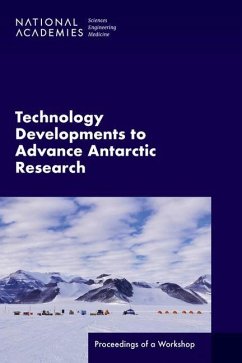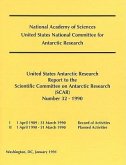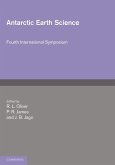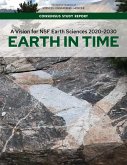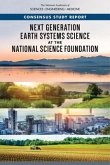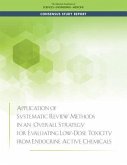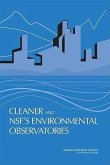Antarctica and the Southern Ocean are important research locations for many scientific disciplines, including oceanography, biology, and astronomy. Because of its remoteness and the extreme and dangerous weather conditions in which researchers must operate, research in this region presents many unique challenges. New and improved technologies can make Antarctic research safer, more efficient, and capable of covering a greater spatial and temporal range, all while minimizing the costs and environmental impacts of this research. At the request of the National Science Foundation Office of Polar Programs, the Polar Research Board of the National Academies of Sciences, Engineering, and Medicine convened a workshop on May 3-5, 2022, to solicit broad community ideas regarding how technological developments can advance and expand Antarctic research and polar research more generally. Workshop participants discussed recent and potential technological breakthroughs, cross-cutting research themes, and how new technologies can facilitate broader, more diverse participation in Antarctic research. This publication summarizes the presentations and discussions of the workshop.
Hinweis: Dieser Artikel kann nur an eine deutsche Lieferadresse ausgeliefert werden.
Hinweis: Dieser Artikel kann nur an eine deutsche Lieferadresse ausgeliefert werden.

